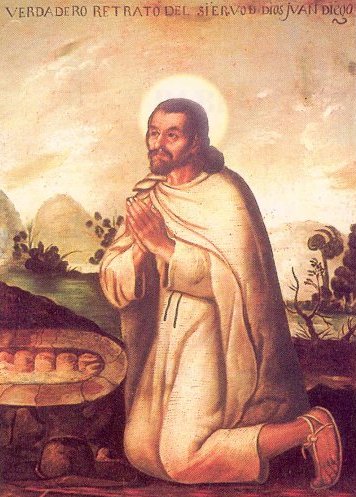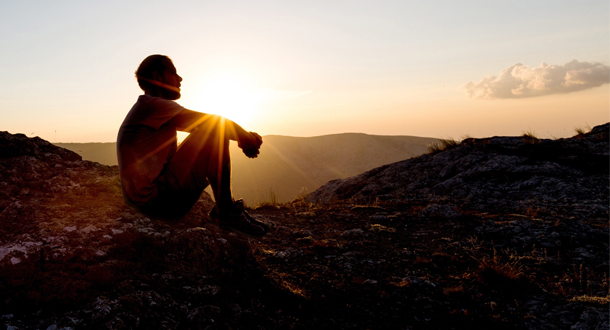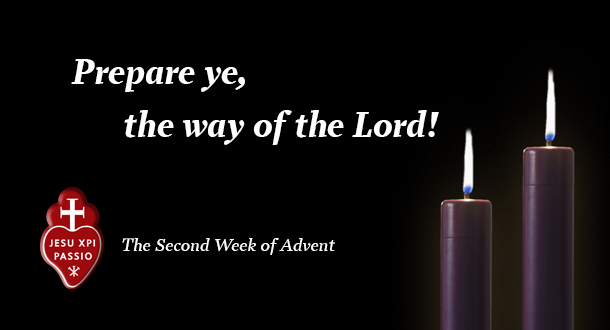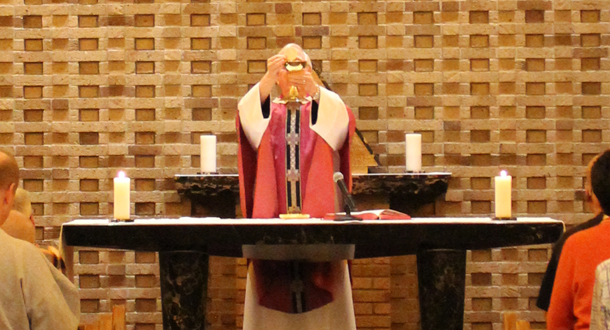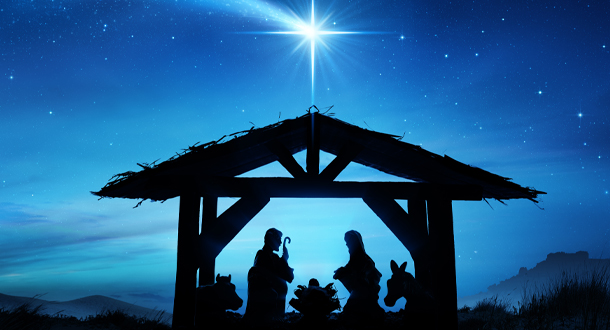
Scripture:
Sirach 48:1-4, 9-11
Matthew 17: 9a, 10-13
Reflection:
The Jewish belief in first-century Palestine was that Elijah did not die, according to Hebrew Scripture, but was taken up to heaven by a chariot of fire, and that his return would signal the coming of the Messiah, of the House of David. This messiah would vanquish the despised occupying Roman forces in Judah and restore the kingdom of Israel to its former Davidic glory.
In that context, Jesus told his disciples: “…I tell you that Elijah has already come, and they (the Jewish leaders) did not recognize him…” The gospel episode continues: “Then the disciples understood that he was speaking to them of John the Baptist” (Mt 17:10-13). By implication, of course, Jesus was the true and long-awaited messiah of a different, heavenly kingdom.
The so-called “Christmas season,” as commercials, advertisements, and shopping malls, relentlessly beckon us to shop till we drop, can distract us from the true nature of the season. We are in the Advent season, a time of spiritual preparation for the coming of the Messiah. With apologies to Santa, Frosty the Snowman, and Rudolph the red-nosed reindeer, they are not the heralds of Jesus. They may be fun and Christmassy, but they are diversions from the true spirit of the season
That is where John the Baptist comes. With ear-piercing shouts, John declares: “Reform your lives! Repent! Behold the Lamb of God!” His message will not give us the warm fuzzies, nor is it supposed to. Advent is the season that calls us to prepare for the triple coming: his first coming at his birth, his coming to us soon on Christmas day, and his final coming either at the end of our lives or at the Second Coming.
Advent is the time to prepare the way of the Lord, to clear away every obstacle that may prevent Jesus from coming to us. Elijah has already come, Jesus tells us, if we can recognize him. He is the forerunner announcing the Messiah. John’s mission 2,000 years ago and today, is to keep us focused on Jesus as the pivotal point of Advent, Christmas, and to a kingdom already bursting forth into our world.
Deacon Manuel Valencia is on the staff at Mater Dolorosa Passionist Retreat Center, Sierra Madre, California.


